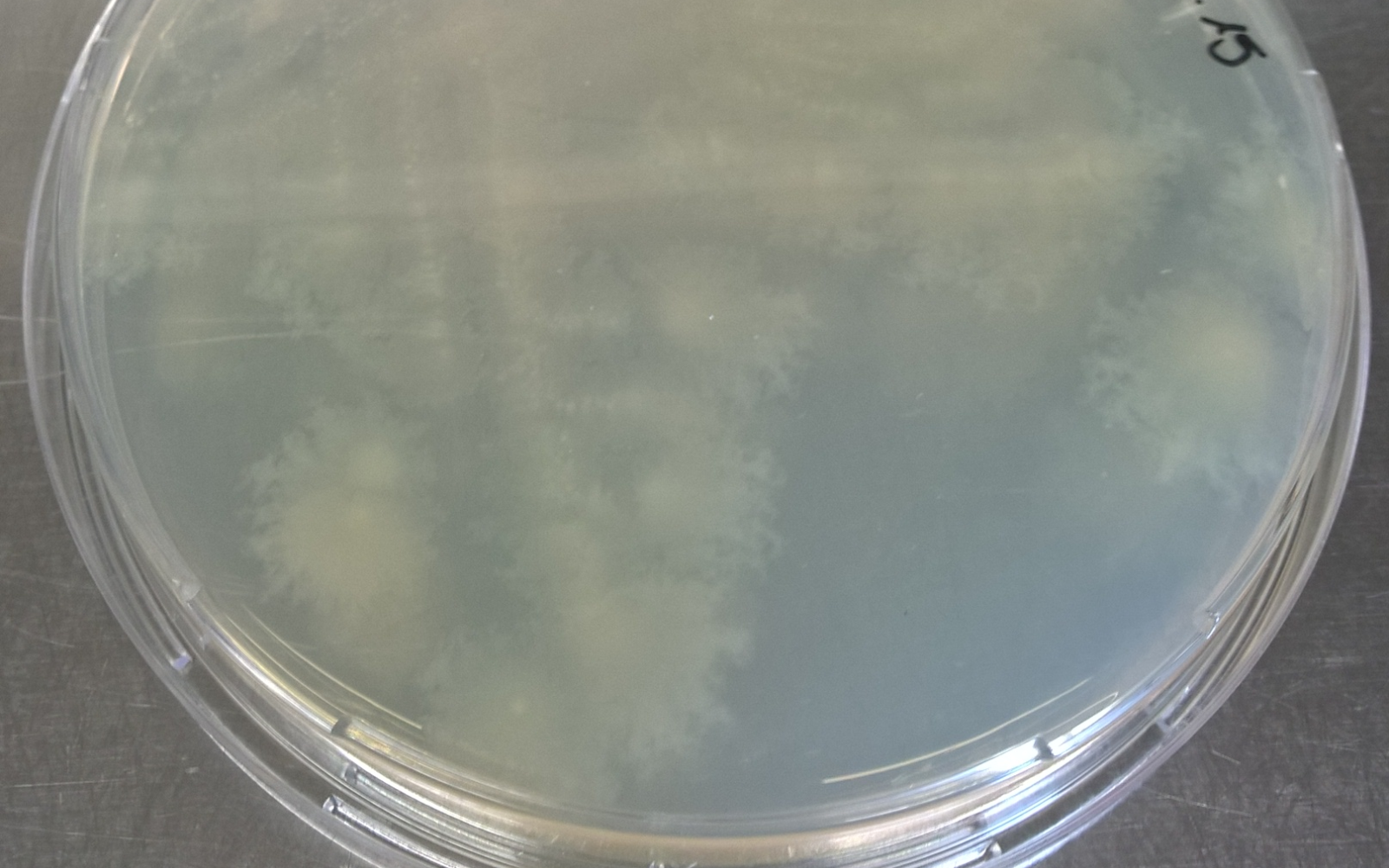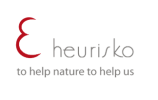Retooling evolution: Nature at work
A real-time experiment with micro-organisms
»Retooling evolution: Nature at work« is a real-time experiment, showcasing how the process of evolution can be guided by human intervention to optimize an organism for application in technological processes.
»Retooling Evolution: Nature at work« is a real-time experiment to showcase the state-of-the-art scientific methods being used to guided natural evolution in order to optimize an organism for a technological application. The experimental setup shown has been initiated in the course of the »Exo-Evolution« exhibition and will subsequently be continued for up to a year at the Institute for Biological Interfaces 1 (IBG1) at the Karlsruhe Instititute for Technology (KIT). The experiment will bring current research into a public museum and thus enable the visitor to observe and understand the process of breeding of microorganisms using natural evolution.
The organism to be adapted is the well-known soil organism »Rhodococcus ruber« which has been found in samples of contaminated soil and can chemically convert plasticizers such as Bisphenol A (BPA). The machine, provided by the company Heurisko, is able to select descendants which can utilize alternative nutrients instead of the usually preferred sugar from a pool of microbes generated by the process of natural diversification. This adaptation is driven by a continuous, controlled dilution of the microorganisms, which ensures that only organisms which are growing fast on the nutrient supplied will not be washed out by the dilution.
The installation shows how the process of natural evolution can be utilized by humans to breed for example microorganisms which can remove problematic chemicals from the environment.
With the start of the exhibition this website will provide details about the scientific background of the experiment as part of the installation. Furthermore data generated by the experiment will be analyzed and published here on a regular basis. This will enable the visitor to come back to the experiment for the whole duration (one year) to follow up on the recent developments and the progressing science.
Project team
KIT
- Dr. Kersten Rabe
- Manfred Maier
Heurisko
- Philippe Marlière
- Simon Trancart
- Matthias Bild
Scientific advisors
- Prof. Dr. Christof Niemeyer
- Dr. Ljiljana Fruk
Curatorial Assistant ZKM
- Guila Bini

